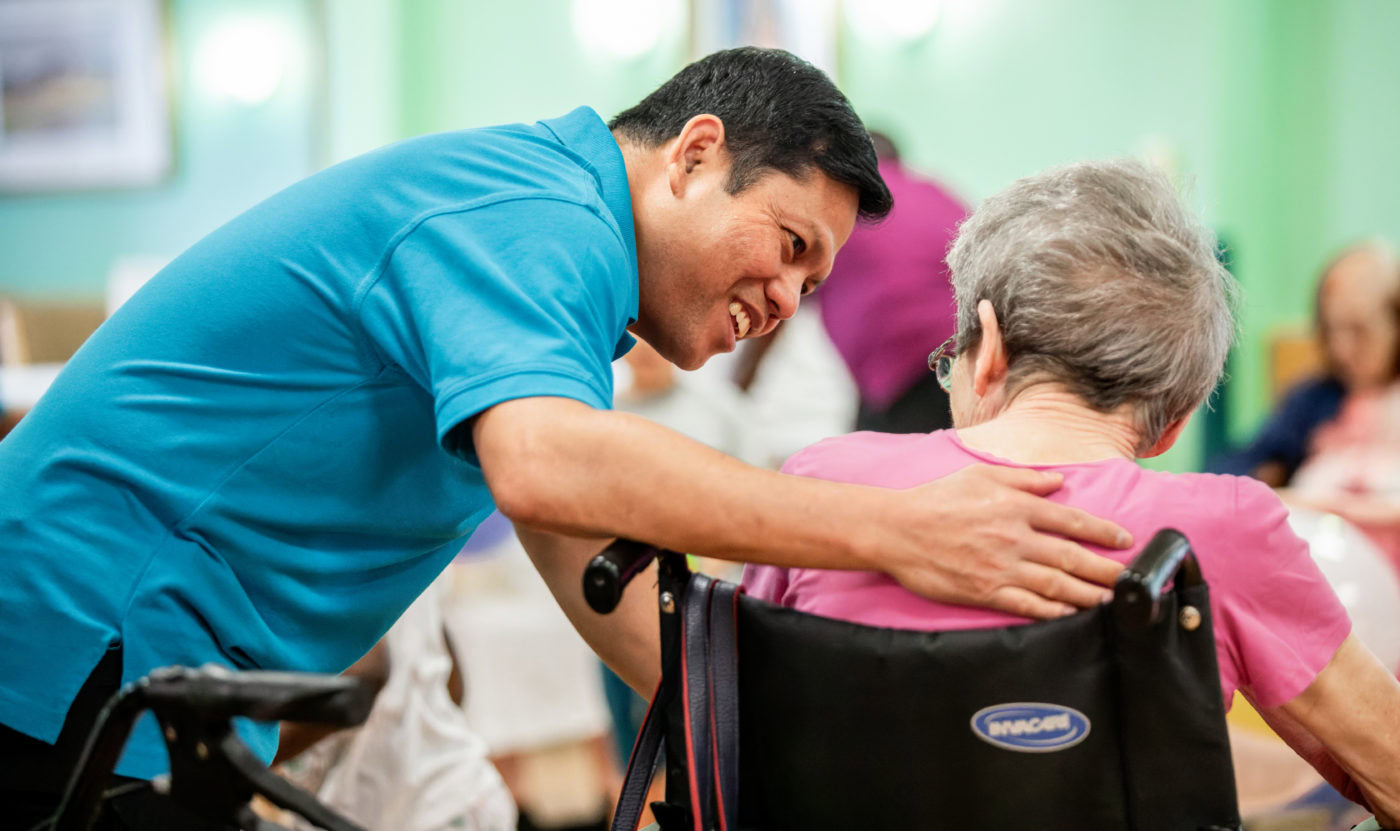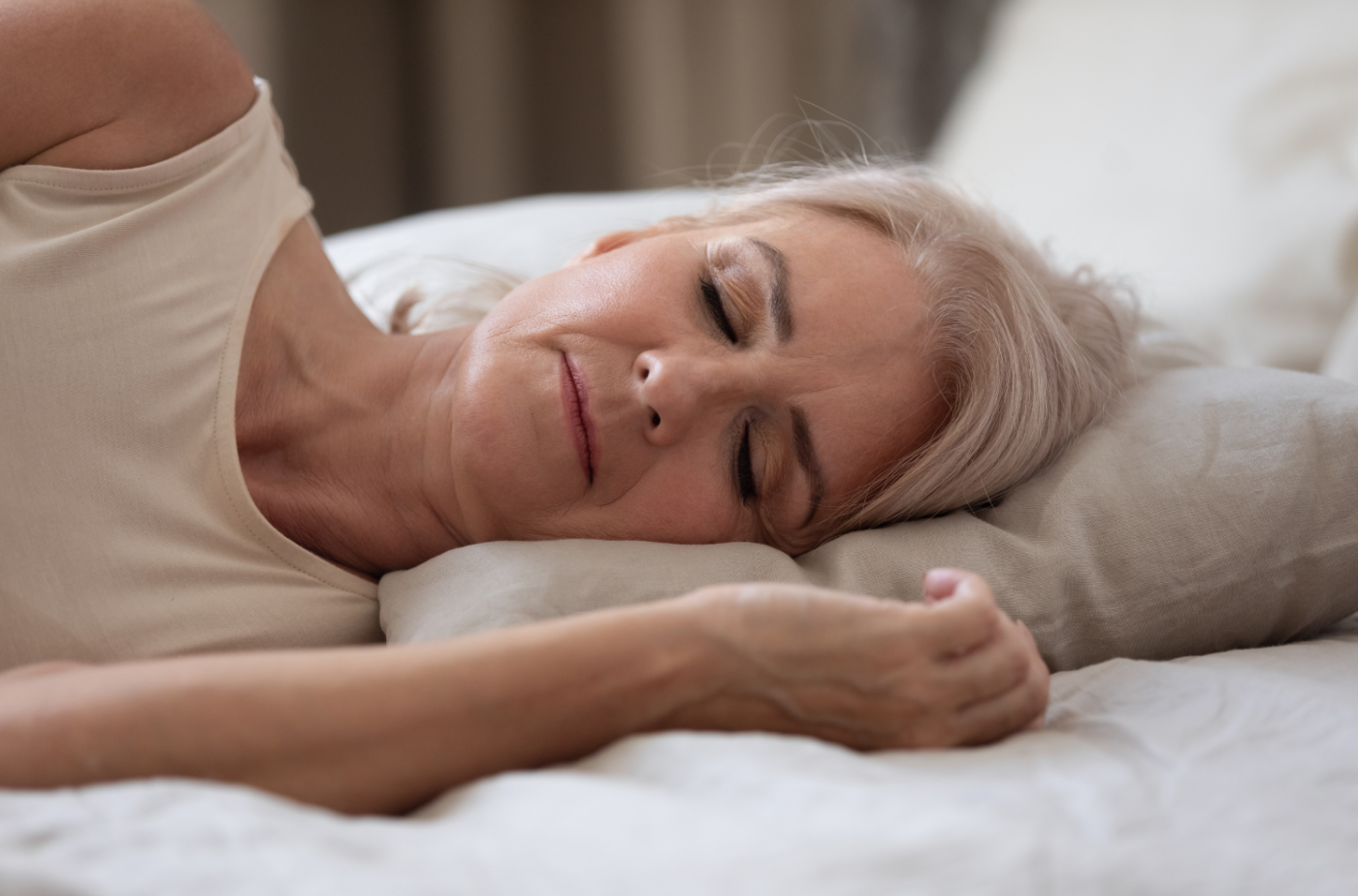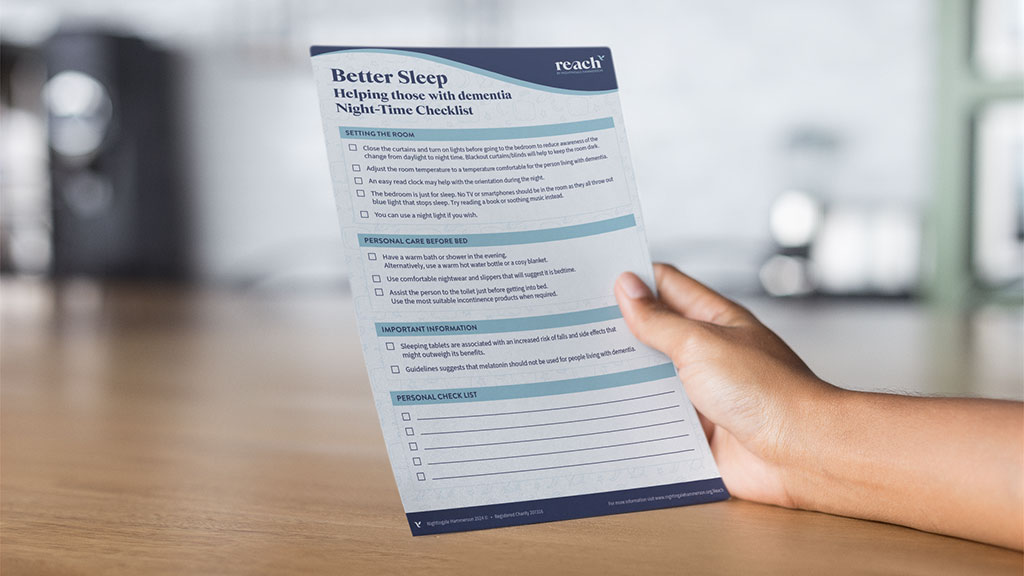Expanded Information
Setting the room
- Close the curtains and turn on lights
- Purpose: This helps create a cosy night-time atmosphere, signalling to your body that it’s time to wind down.
- Details: Use blackout curtains or blinds to block out any external light, ensuring a restful environment.
- Adjust the room temperature
- Purpose: Ensure your room is at a comfortable temperature and well-ventilated. A cooler room is generally more inviting for a good night’s sleep than a hot or stuffy one.
- Details: Aim for a temperature between 18-21°C (65-70°F), adjusting as needed for personal comfort.
- Place an easy-read clock
- Purpose: An easy-to-read clock can be helpful for knowing the time if you wake up during the night.
- Details: Choose a large digital clock with clear numbers and consider one with a day/night indicator for added convenience.
- Remove TVs, smartphones, or blue light-emitting devices
- Overview: Light exposure, especially from screens, can disrupt your sleep cycles and reduce overall sleep quality.
- Details: Bright light during the day helps keep you alert, but in the evening, it’s best to avoid screens so that darkness can trigger melatonin release, promoting drowsiness. Finding a good balance of light exposure is key to better sleep.
- Choose a book or play soothing music
- Purpose: Engaging in calming activities can help relax your mind and body before bedtime.
- Details: Pick gentle books or soft music that isn’t too stimulating. Why not try one of our relaxation techniques for those living with dementia and their carers?
- Turn on a night light if needed
- Purpose: A night light offers gentle illumination for safe navigation without disrupting your sleep.
- Details: Use a dim, warm-coloured night light in strategic areas, like the bathroom, to keep things cosy and avoid harsh lighting.
Personal care before bed
- Take a warm bath or shower
- Purpose: A warm bath or shower helps to relax your body by raising your temperature. As you cool down afterwards, it signals to your body that it’s time to sleep.
- Details: If a bath or shower isn’t possible, consider using a hot water bottle or snuggling up with a cosy blanket for warmth and comfort.
- Wear comfortable nightwear and slippers
- Purpose: Comfortable nightwear and slippers allow you to move freely and feel at ease. It’s best to avoid tight clothing that might squeeze or create uncomfortable pressure, as this can disrupt your relaxation and sleep.
- Details: Opt for soft, loose-fitting fabrics that make bedtime feel inviting and restful.
- Assist with a bathroom visit
- Purpose: Helping the person you care for use the bathroom before bed can greatly limit any disruptions during the night.
- Details: Ensure they have easy access to the bathroom, which can help reduce any worries about needing to get up later.
- Use appropriate incontinence products if needed
- Purpose: If incontinence is a concern, having the right products can provide peace of mind and help prevent larger accidents during the night. This ensures comfort and reduces the chances of any disruptive clean-ups that might require turning on lights.
- Details: Make sure any necessary incontinence products are well-fitted and easily accessible to help maintain dignity and comfort.
Sleeping medication
Sleeping tablets do not improve overall sleep quality in older adults and are linked to an increased risk of falls and other side effects that may outweigh any benefits.
The National Institute for Health and Care Excellence (NICE) recommends that melatonin should not be taken by older people living with Alzheimer’s disease. Instead, they recommend a multicomponent sleep management approach, using tools such as those recommended in our advice.
Keeping busy schedule, Relaxation and mindfulness techniques
Meet our experts
Professor Gill Livingston
 Gill Livingston is a clinical academic, working with people with suspected or confirmed dementia and their families. She researches interventions to improve the lives of people with dementia and their families and staff caring for them and particularly consider underserved and minority communities. Her research is with people living at home and with people in care homes. She leads the Lancet Standing Commission on Dementia Prevention, Intervention and Care, 2017, 2020 and 2024. The findings have substantial implications in preventing and delaying a significant proportion of dementia. They have resulted in changes in WHO, UK and US policy which aim to reduce dementia risk.
Gill Livingston is a clinical academic, working with people with suspected or confirmed dementia and their families. She researches interventions to improve the lives of people with dementia and their families and staff caring for them and particularly consider underserved and minority communities. Her research is with people living at home and with people in care homes. She leads the Lancet Standing Commission on Dementia Prevention, Intervention and Care, 2017, 2020 and 2024. The findings have substantial implications in preventing and delaying a significant proportion of dementia. They have resulted in changes in WHO, UK and US policy which aim to reduce dementia risk.
Isabelle Kwan
 Isabelle is a trainee clinical psychologist in her final year of training at University College London’s (UCL) Doctorate in Clinical Psychology. She has worked in a wide range of mental health settings from specialised services such as the North West London Long Covid psychology service, to services working with clients across the lifespan experiencing various emotional, behavioural, and mental health difficulties. Currently, she is focused on developing the UK’s first psychological model of care in care homes as the clinical psychology team supports the homes as permanent staff instead of as an external team coming in for consultations. She works to build a robust and evidence-based model of psychological care for older people through instilling psychological input into Residential, Nursing, Dementia, Respite, and Palliative Care.
Isabelle is a trainee clinical psychologist in her final year of training at University College London’s (UCL) Doctorate in Clinical Psychology. She has worked in a wide range of mental health settings from specialised services such as the North West London Long Covid psychology service, to services working with clients across the lifespan experiencing various emotional, behavioural, and mental health difficulties. Currently, she is focused on developing the UK’s first psychological model of care in care homes as the clinical psychology team supports the homes as permanent staff instead of as an external team coming in for consultations. She works to build a robust and evidence-based model of psychological care for older people through instilling psychological input into Residential, Nursing, Dementia, Respite, and Palliative Care.
Nuno Santos Lopes
 Passionate about having a meaningful impact in people’s lives, Nuno is a nurse by background specialised in Palliative Care and Care Services Management. Since joining Nightingale Hammerson in 2019, Nuno led the care team as Director of Care while re-opening Hammerson House and sustaining Nightingale House’s CQC Outstanding rating.
Passionate about having a meaningful impact in people’s lives, Nuno is a nurse by background specialised in Palliative Care and Care Services Management. Since joining Nightingale Hammerson in 2019, Nuno led the care team as Director of Care while re-opening Hammerson House and sustaining Nightingale House’s CQC Outstanding rating.Arielle Rostant
 Arielle’s love for supporting positive and fulfilling relationships has led her from being a teacher, to training as a Drama and Movement Therapist to, since 2021, working in Nightingale Hammerson.
Arielle’s love for supporting positive and fulfilling relationships has led her from being a teacher, to training as a Drama and Movement Therapist to, since 2021, working in Nightingale Hammerson.
Was this useful? Please let us know
Other topics you may be interested in
The resources available are not, and are not intended to be, medical advice, which should be tailored to your individual circumstances. The resources are for your information only, and we advise that you exercise your own judgment before deciding to use the information provided. Professional medical advice should be obtained before taking action. Full terms and conditions.









